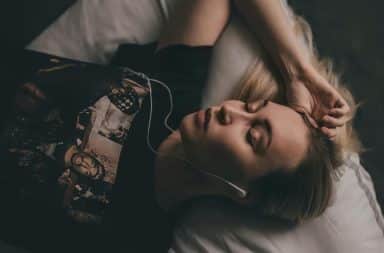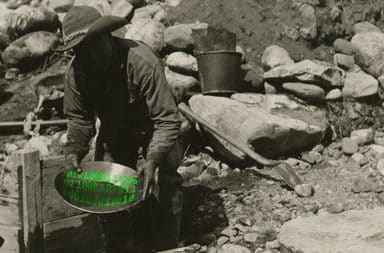I am a professional napper.
Manufacturers hire people like me to test sleep products before they reach market. We’re essential to the field because of our ability to sleep for short periods of time. We normally take two naps and test two products each workday. It’s not very lucrative, but when people ask if I do well, I tell them that my job makes me comfortable. It’s an old nappers joke.
The profession is not without risks. The first electric blanket took ten years to develop and three pro nappers suffered burns. Another has a permanent tan. I can’t even begin to guess the number of rashes I’ve contracted from experimental bedding or feathers I’ve coughed up from faulty pillows. Fortunately, we are provided with health care, but it only covers injuries sustained while napping. If you wake up, stumble over the cat, and hit your head on the coffee table, that’s on your dime. (I found this out the hard way. Next time I will claim “sleepwalking on the job.”)
Some people are natural-born nappers, like Ralph Snodgrass, who never got beyond eighth grade and slept through most of the first seven. Fifty years ago Ralph founded Nap Inc., which became the largest napper employer in the upper Midwest. Ralph, who is now in his late eighties, still goes in to the office every day and naps for a good three to four hours.
I wasn’t born with Ralph’s natural ability. I had to work at it. In college, I studied 18th Century French Literature and Existential Philosophy, both chosen to increase my napping ability. I dated the most boring women I could find, often meeting them in my boring classes. I followed a strict diet of tryptophan-rich foods such as cheese and milk, which led to the discovery of my lactose intolerance and a close friendship with the neighborhood pharmacist.
My professional breakthrough came courtesy of the Glencove Psychiatric Institute. I’d become adept at sleeping in quiet, relaxing environments, and began learning to sleep at increasingly challenging locations, such as sporting events and construction sites. Of course, I wore my work clothes (pajamas and robe).
One afternoon, some well-meaning but misguided shoppers became concerned about my mental health and contacted the county social work team, which then paid me a visit at the local Piggly Wiggly, where I was napping in the meat aisle. When they asked if I’d like to go someplace more comfortable, I agreed only because my cheek had become affixed to a frozen leg of lamb.
The Institute, with all that screaming, provided the training ground for me to learn to nap in adverse environments. The staff taught me relaxation skills, like meditation, and ways to focus my thoughts away from my roommate, who believed he was Cyndi Lauper. Ms. Lauper, as he liked to be called, would have kept most roommates up to the wee hours because he put on a long concert, often with two or three encores. I eventually trained myself to sleep through the entire first set, but I’d ask the nurse to wake me for “Girls Just Want to Have Fun,” which opened the second set and was a real showstopper.
After six months of mostly sleep during therapy, I was released and ready to start my career. Ralph Snodgrass gave me an opportunity and I’ve been his steady and loyal employee for thirty-five years. If you were to ask Ralph about me, he’d say, “Oscar Kleinmuntz is a steady and loyal employee.” He’d never say, “Kleinmuntz is a star,” or “Kleinmuntz will be long remembered after he’s taken that final nap from which no one ever awakes.” That all might change now.
I fell asleep between naps today. If I could squeeze another nap into my workday, I’d be a Triple-Napper, a rarity in the industry. Clara Framingham, who napped in Philadelphia during the early seventies, was perhaps the most famous, or should I say infamous, Triple-Napper. You might recall her name from the Collapsible Bunk Bed scandal where twenty-two bottom-bunk campers got squished during the summer of ’72. A congressional investigation discovered that Framingham, who’d been the lead tester for the bed, had been faking her sleep. Fortunately, all the campers survived, though most have a permanent whistle, a result of the accordion-like compression of being folded into the bed.
I called the office and asked Ralph’s secretary to patch me through. I tapped my foot impatiently while listening to the hold music. After several bars of “Goodnight Sweetheart Goodnight,” she returned with the news I should have anticipated.
“He’s working and I didn’t want to wake him,” she said. “Can I have him call you back?”
“Don’t bother,” I replied. “I have a third nap to take.”
I heard her gasp and start to ask a question but I hung up before she could finish. I grabbed a test pillow designed to prevent bedwetting. A small sound system was embedded in it that whispered encouragement while you slept, like “Hold it,” and “You can wait a while longer.” I climbed the stairs to my office, drank four glasses of water, and lay down in bed. There was work to do.


